市场资讯及洞察
.jpg)
2026 年1 月 29日,全球黄金市场经历了“疯狂星期四”。金价在站上 5600 美元 巅峰后,随即上演了时速惊人的“自由落体”,一度跌破 5100 美元。这一波动不仅刷新了单日振幅纪录,更让全市场见证了高位杠杆博弈的残酷性。
一、 5602 到 5097:为何会出现 500美元的“闪崩”?
这场高位跳水并非偶然,而是多重压力瞬间释放的结果:
1. 极度超买后的“技术性多杀多”:
1 月以来金价涨幅已近 30%,RSI 指数一度飙升至 90 以上。在 5600 美元这个极值点,获利盘的离场指令引发了连环踩踏,导致盘面瞬间失去支撑。
2. 流动性“黑洞”与自动止损触发:
当金价从 5600 跌落至 5400 附近时,由于短线资金过于密集,触发了海量高频交易系统的强制平仓单。在缺乏买盘承接的深夜时段,金价出现“真空式”下跌,一路跌向 5100 美元 这个前期重要支撑区。
3. 白银市场的溢出效应:
昨晚现货白银从 120 美元高位一度暴跌 12%,作为联动性极强的贵金属兄弟,白银的剧烈崩盘直接拖累了黄金的信心。
二、 核心驱动逻辑的变化:从“单边狂欢”到“宽幅震荡”
尽管跌幅惊人,但 5100 美元 的迅速企稳也传递了关键信号:
•基本面依然强劲:美联储虽在 1 月 29 日凌晨维持利率不变,但其“鸽派停顿”和对通胀的默许,意味着实际利率的下行趋势未改。
•避险底色仍在:美伊局势及全球关税政策带来的不确定性,使得 5100 美元以下依然有强劲的买盘(如各国央行和长线主权基金)在“接飞刀”。
三、 市场新常态:黄金已进入“超高波动率”时代
昨晚的行情告诉我们,目前的黄金已经不再是那个“慢牛”的避险资产,它表现出了明显的“类数字货币”特征:
•估值锚点模糊:在信用货币受质疑的背景下,市场在5100 与 5600 之间反复寻找新的定价共识。
•散户 FOMO 情绪高涨:国内金饰报价突破 1700 元/克,这种全民抢金的狂热,往往伴随着极高的波动风险。
结语:趋势未死,但“杠杆”已死
昨晚 5600 至 5100 的惊心动魄,是一次教科书式的风险出清。它标志着本轮行情从“共识性上涨”进入了“高波动震荡期”。
•长期看:黄金作为对冲信用风险的地位依然稳固。
•短期看:5100 美元已成为本轮行情的“生命线”。


As the week comes to an end, many cryptocurrency investors grow increasingly nervous. This emotional sentiment has resulted in bitcoin’s new 18 month’s low price, since December 2020. It has also caused a well known crypto company, Celsius, to suspend client’s withdrawals.
Bitcoin started the week at $27,000 USD which was a 10% decrease from Friday’s closing price of around $30,000 USD. Since the opening of the week, it has dropped another 23% to almost $20,000 USD. This is almost a 70% decline from last October’s peak of nearly $69,000 USD.
This sharp decline also mirrored the bearish sentiment across other risk assets. US equities closed 2.9% lower on Friday and continued to decrease as the week proceeded. The 2% decline of the US equity futures would have also been an indicator of how the US equities markets would be performing.
The pressure on risk assets comes after US consumer prices soared 8.6 per cent in May from the same month a year earlier, more than economists anticipated and the highest reading since 1981. The increasing selling pressure across the cryptocurrencies scene prompted Celsius to put a halt on client’s withdrawals from their cryptocurrency accounts. This is not a good sign for the four-year-old start-up company.
Celsius offers an array of services, including their ‘Swap’ tool. This service allows users to exchange their cryptocurrencies for stablecoins that are linked to fiat currencies, such as the USD. The company’s reasoning for the halt was to “stabilise liquidity and operations while we take steps to preserve and protect assets”, and that it will look to resume activity as soon as possible.
Celsius’ decision has come at a bad time as weeks earlier, Terra, a popular stable coin linked to the US dollar, had collapsed alongside its sister token Luna. This collapse had wiped out tens of billions of dollars in market value for many investors. Overall, the cryptocurrency market is on a decline.
This is because the biggest coin, bitcoin, is currently trending downwards and this would also translate across all other alt-coins. Source: GO Markets MT5, Celsius, TradingView, Financial Times, AFR


热门话题
在最近我和几个朋友聊天时说到的最多的一句话就是:过去三年似乎眨眼就过,几乎没做什么事,3年就过去了。我们都经历了啥?似乎除了2020年的恐惧,2021年的封城之外,记忆中这几年都没干啥事。大家的生活状态在过去3年大部分时间里都重复每天的过程,只有一点我觉得不错,就是周末不用送孩子去兴趣班了。那时的周六和周日还是很潇洒的~ 可惜了。

言归正传。如果说生活方式在过去3年没有太大变化的话。那说到买房和股市,汇市,币圈,和钱有关的话题,相信大家还是有很深的记忆的。我也清楚的记得,当澳洲央行在2020年上半年几次大幅降息之后,墨尔本和悉尼的房市开始了快速的复苏。尤其是当那时政府允许在封城时期,你可以去看房的时候,那时我有深刻的印象:所有人带着口罩,排着队,一个一个进入要拍卖的房子,感觉是去排队打针。而且大部分居然还不是华人。从那时开始我就有一种强烈的感觉:就连一直懒散的澳洲当地人都能不怕死的戴口罩排队看房,那说明这玩意要火了。果然,从2020年7月之后,房价开始快速反弹,这一弹就弹了2年。房价一直上涨到了今年6月,也就是在第一次加息之后,房价依然还上涨了2个月,就如同一辆踩下了刹车的汽车,在最后的几十米距离里飞快的减速,但是依然不可能马上停止。

从6月到现在的11月底,大家是不是有一种感觉,就是不论澳洲本地媒体如何渲染房价开始下跌,拍卖率开始下降。但是每次只要是去华人集中的区域参与拍卖,那种疯狂追涨的感觉依然存在于那些高品质的新房或近新房上。因为大家都知道造房成本上涨了30%,还得担惊受怕哪天建房的公司跑路,所以很多买房者在这一特殊时期都选择支付高价来避开推倒重建过程中的不确定因素。就我本人的过去几个月参与,或者干脆直接看拍卖的价格来看,用一句话总结就是:华人集中或半集中区,10年内造的房子,几乎没有下跌。为什么?这就是今天我要引出的一个思考。为什么澳洲不断加息,但是为什么有的区,有的房依然非常火爆?

我本人并不是地产专家,所以我只能从外行,旁观者的角度来分析。但是即便我是外行,我依然可以轻易的总结出这些火爆房的特点:核心区,核心价格,核心消费人群。那什么是核心消费人群?其实就是澳洲社会的中坚力量:白领,小生意者,和高技能蓝领。换句话说,就是核心消费人群不是没有能力消费,而是消费方式偏向于保守,不再随意花钱,但是有必要的时候,依然有购买力。那帮助这些核心人群依然保持强大购买能力的原因是什么呢?那就是澳洲目前出于几十年来最低的失业率。如果说几十年最低的失业率让大部分想找工作的人可以很容易找到工作的话,那对于白领和高技能蓝领,例如造房工人,电工,管道工来说,如今到处缺人的情况使得他们的收入因此而大幅提高。正是因为强劲的就业数据,使得澳洲央行的加息步伐未来还会迈的更为坚定。如果你觉得12月潜在的一次暂停将会是停止加息的开始,那可能市场上目前大部分银行都不这么认同。
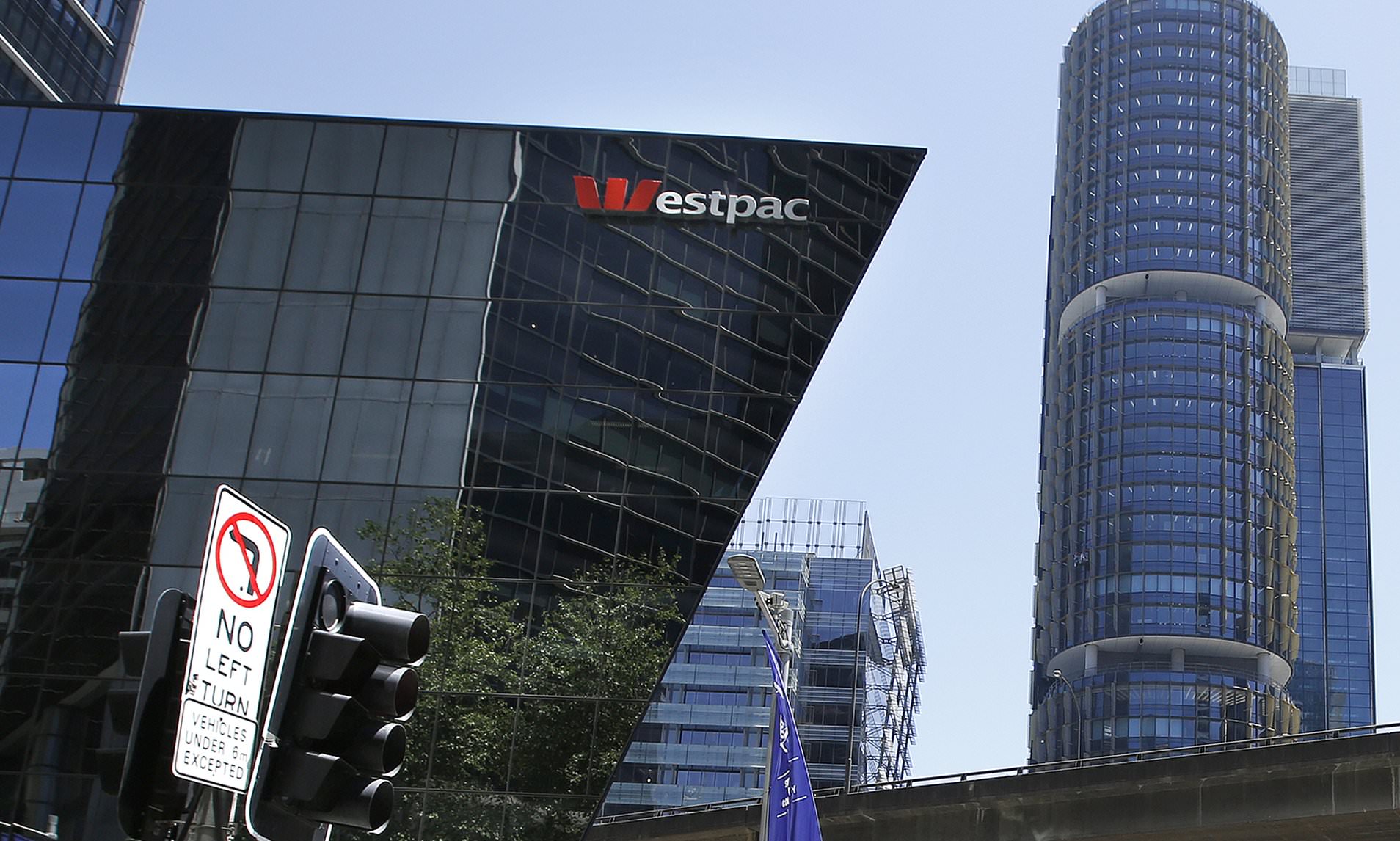
西太银行(Westpac)首席经济学家伊文斯( Bill Evans)认为,澳洲最近发布的强劲的就业和工资数据意味着澳洲储备银行在遏制通胀方面可能还会有更多措施。他预测到明年5月,澳洲央银的澳元基础利率将达到3.85%。西太银行现在预计,澳洲央行在今年12 月、明年2 月、3 月和5 月四次各加息25个基点,现金利率将达到3.85%,这个预测比金融市场普遍预测高出30 个基点。如果我们保守点,假设央行为了保护12月的消费月,12月不加息。那到明年6月之前,也依然会有3次加息。最终的澳元基础利率也会达到3.65%。而按照我之前告诉大家的房贷浮动利息的计算公式,最终我们自住房的贷款将会达到 3.65% +2.5%= 6.15% 而投资方再加上0.5%的额外利息,将会达到6.65%左右。

惊不惊喜?意不意外?贷款100万投资房,一年利息66500澳元,等于税前9万的全职工作的所有税后收入。惨不惨?惨?还不还的起?还不起也得还,要不然就要卖。各位很快就会见证到浮动利息达到6%的时代。而那时我们将会看到更多的房东经过对比,持有两年,100万贷款,利息费用就会超过12万,还不算其他费用,那2023-2024年房价会上涨超过12%吗?可能性不大。所以我预计,随着明年利息的继续增加,我们会看到越来越多的房东会选择抛售。但是,我们是金融市场的交易者。因此大家的思路要打开。我们经常说的一句话是啥?别人贪婪,我恐惧。如果别人都恐惧了呢?那就是我应该贪婪的时候。

如果按照这个逆向思维。当越来越多的人受不了高利息而抛售物业的时候,或许,就是我们开始,或准备随时进场的时机。明年的通胀依然会高于3%,明年的利息也很难马上回到2%,但是明年的用工荒将会继续持续。即使出现部分企业裁员或冻结新岗位的情况,也不会改变就业市场供不应求的大环境。也正是因为有着强劲的就业数据,使得澳洲央行敢于继续加息,因为只要大部分人有工作,就还得起贷款,减少的部分,只是非必要消费领域。而随着吃喝玩乐的放慢,最终会缓慢而持续的缓解通货膨胀的压力。正如我之前给大家说过,澳洲通胀统计中最大的5个因素就是:建房成本,生活必须,交通,吃喝玩乐,和家用电器。现在建房需求已经在减少,吃喝玩乐大家也会克制,家用电器不会乱买,石油价格目前也稳定在80-85之间。所以从目前的情况来看,虽然通胀不会一下子结束,但是当利息在明年中达到最高峰的时候,当无数人都在抱怨利息高,还不起的时候,或许,就是这几年为数不多的机会。免责声明:GO Markets分析师或外部发言人提供的信息基于其独立分析或个人经验。所表达的观点或交易风格仅代表其个人;并不代表GO Markets的观点或立场。联系方式:墨尔本 03 8658 0603悉尼 02 9188 0418中国地区(中文) 400 120 8537中国地区(英文) +248 4 671 903作者:Mike Huang | GO Markets 销售总监
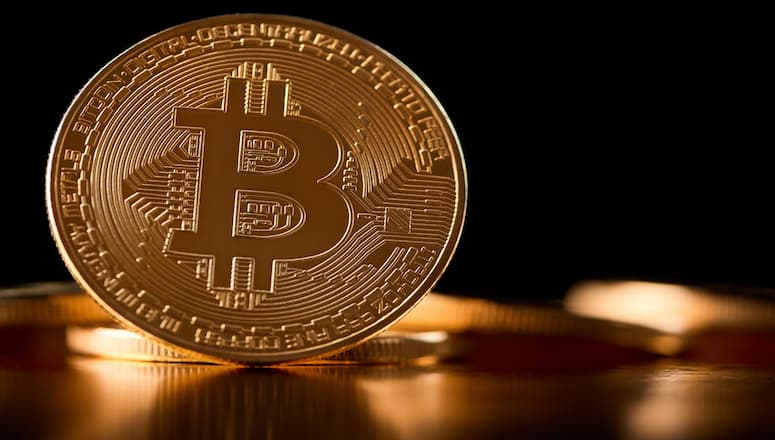

Bitcoin has recently tested the lows of its price range that it reached in the immediate aftermath of the FTX crisis. A long opportunity has been brought about after price bounced off these lows near $15,863. The hourly chart shows a potential good risk reward entry.
The trigger for the entry is not just the fact that the price has bounced off the support zone but is also the strong bullish candle stick at the support level. The selling was absorbed at the support zone by the buyers and could not close below the wicks of either candle as seen by the length of the wicks. Furthermore, the above average volume for these candles indicated that the selling was exhausted and that the buyers were willing to take on the supply.
For this bounce to continue, a strong green candle that closes above the opening price of most recent red candlestick will hopefully support the breakout at $16,204. As seen on the chart, an obvious target is the $17,000 level which is the top of the recent price range.


热门话题
自美国最新失业率高于预期利多股市后,CPI和核心CPI的回落似乎意味着通胀见顶,紧接着公布的PPI也回落好与预期,一切似乎都朝着美股会稳定反弹的方向在运行。但我们清楚的明白,美联储不会让市场过热,也不会让股市长时间暴涨,经济数据利好股市的时候,就是美联储官员放鹰的时候,这和早在94年时候格林斯潘在通涨未超过3%的情况下突然加息,成功让美国度过90年海湾战争后美国可能陷入的经济衰退一个道理,后来媒体采访退休的格林斯潘时,他表示就是不能在通涨可能高涨的时候让经济过热,股市首先就得降温,现在缺乏前瞻性的美联储官员,很可能抄作业一样用前期成功的经验作为参考。

波士顿联储主席柯林斯表示美联储12月加息75个基点的可能性依然存在,她尚未看到明显的证据表明目前整体通胀率正在下降,并重申需要更多加息来抑制通胀,并表示自己对利率需要走多高的看法不受近期经济数据的影响。另外唱鹰最激烈的当然是有鹰王之称的圣路易斯联储主席布拉德了。上周四“大鹰派”布拉德通过展示一份演示文件总结称,即使在相对宽松的鸽派假设下,美联储目前的政策利率仍未达到“足够的限制性水平”,这意味着政策利率将需要进一步提高。布拉德的文件显示限制性利率区间可能在5%至7%之间,即在鸽派假设下,利率的限制性水平将达到5%,而在鹰派假设下,限制性水平将超过7%。不过布拉德也指出,如果通胀在未来几个月出现下降,该目标区域可能会下调。这番言论其实大家都明白说了等于没说,不过就是单纯要找说辞唱空。利率上限要上调市场早已经消化了,因此超过5%的峰值是炒冷饭,但不确定的猜测上限可能达到7%就明显是在吓唬市场了。并且布拉德还表示,对出现经济衰退后开启降息周期的预测时间也会有所推迟,因此他的言论一出,美股在短时间涨势中转而下跌进入了连续几天的小回调。
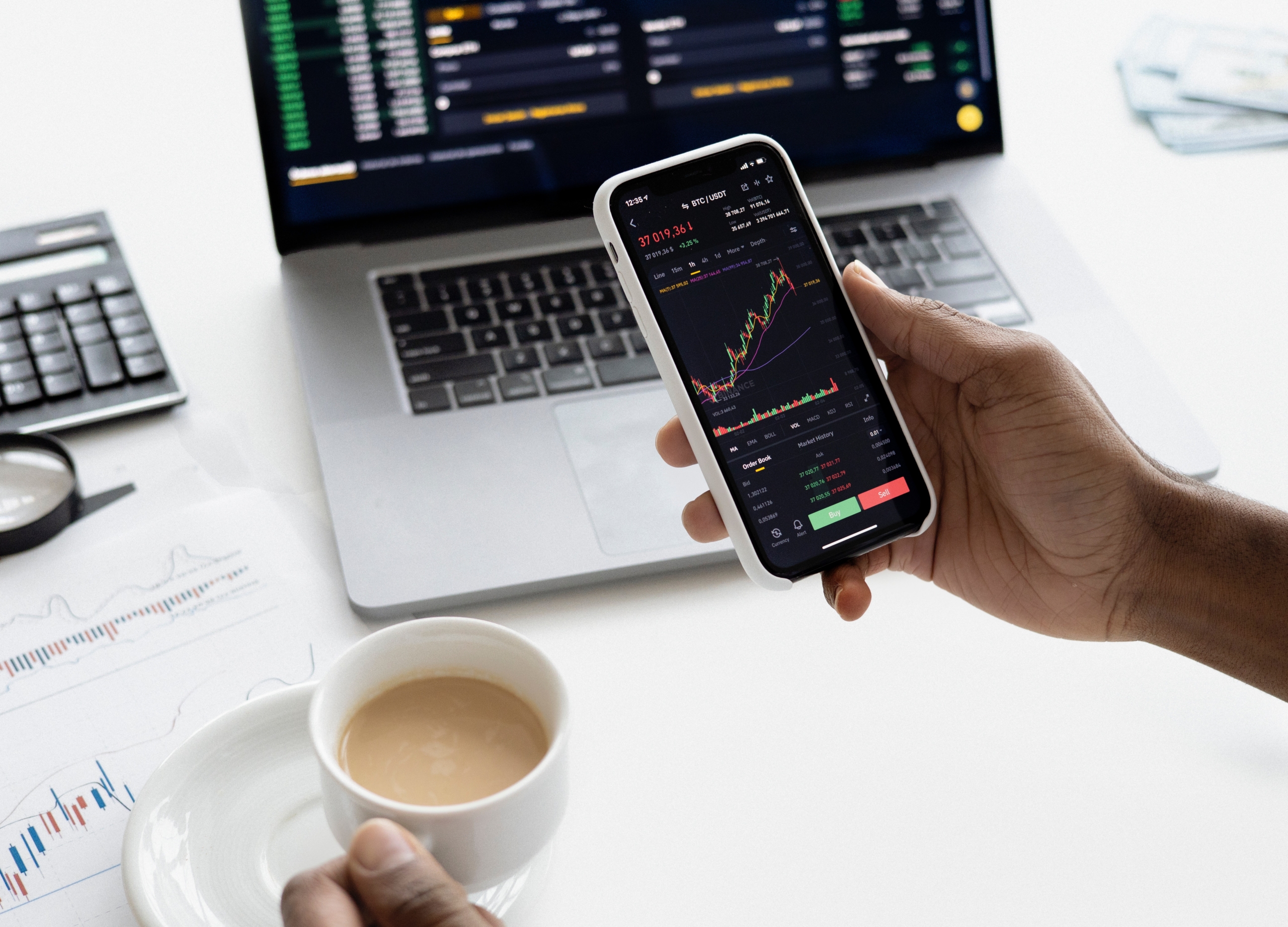
布拉德还引入了泰勒规则作为参考依据去解释美联储加息上限区间的算法由来。美联储放弃以调控货币供应量来调控经济运行的货币政策规则后,以调整实际利率作为对经济实施宏观调控的主要手段,这就是现在的“泰勒规则”。布拉德指出,根据宏观经济学理论,当通胀率高于目标值时,政策制定者通常应该提高利率,而根据泰勒规则,提高的比例并不是1:1,过往经济学文献显示,在偏鸽派的情况下,这一比例应该是1.25,在偏鹰派的情况下,这一比例应该是1.5。因此推算出在鸽派假设下,利率的限制性水平将达到5%,而在鹰派假设下,限制性水平将超过7%。FOMC在过去四次会议中每次都加息了75个基点,加息的透明度允许利率水平相对有序地向更高水平过渡。今年以来,政策利率仅在偏离目标水平时进行了部分调整,这就是所谓的“政策惯性”,即保持利率水平不变。布拉德因此得到结论,即使在相对宽松的鸽派假设下,美联储的政策利率也没有达到“足够的限制性水平”。继布拉德之后,明尼阿波利斯联储主席卡什卡利也采取了鹰派立场,警告称“目前还没有太多需求降温的迹象”。美联储官员表态暗示还远未结束加息,还未接近货币紧缩的尾声,而且警告更多痛苦将至。
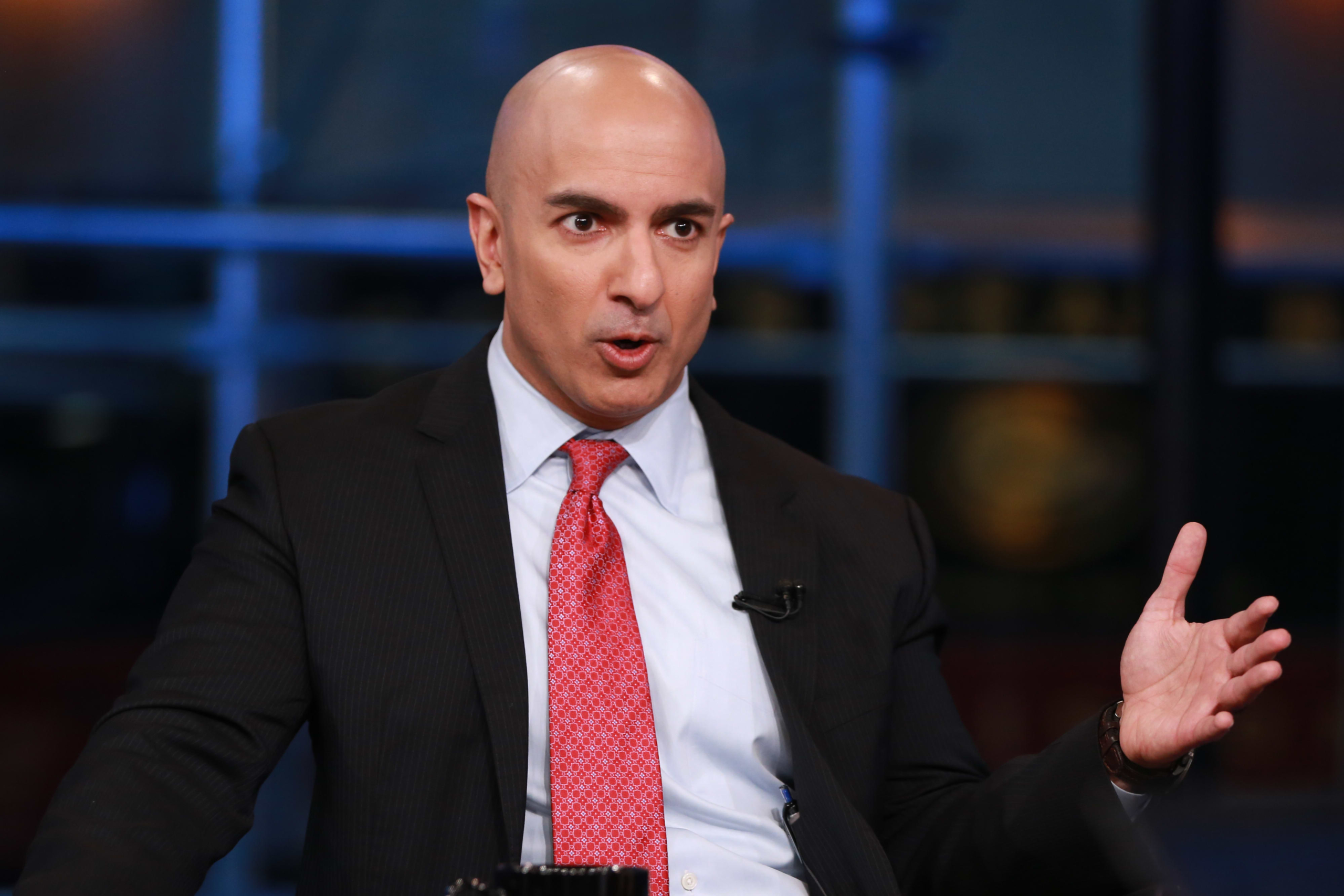
美联储官员唱鹰符合预期,但我们从市场的反应分析,周五2.1万亿美元期权到期,本可能出现剧烈波动的市场却显得格外平静,三大美股股指振幅已经连续几天很小了。在目前2年期美债收益率和10年期收益率刷新四十年来最严重的倒挂,并且原油创9月末以来新低,并创七个月最大单周跌幅的情况下,美股能否延续圣诞涨势值得我们重点思考。当前美股是否已经消化了太多的利好消息呢?答案并不是是与否可以总结的。道琼斯工业指数明显反弹的比例超过了今年下跌幅度的一半,说消化过多利好也不为过,但衡量高科技股的纳指却迟迟不见酣畅淋漓的连续波段上涨,目前距离牛市顶点仅反弹了10%左右的幅度,显然是不合格的表现,所以说纳指消化了太多利好也是不准确的。
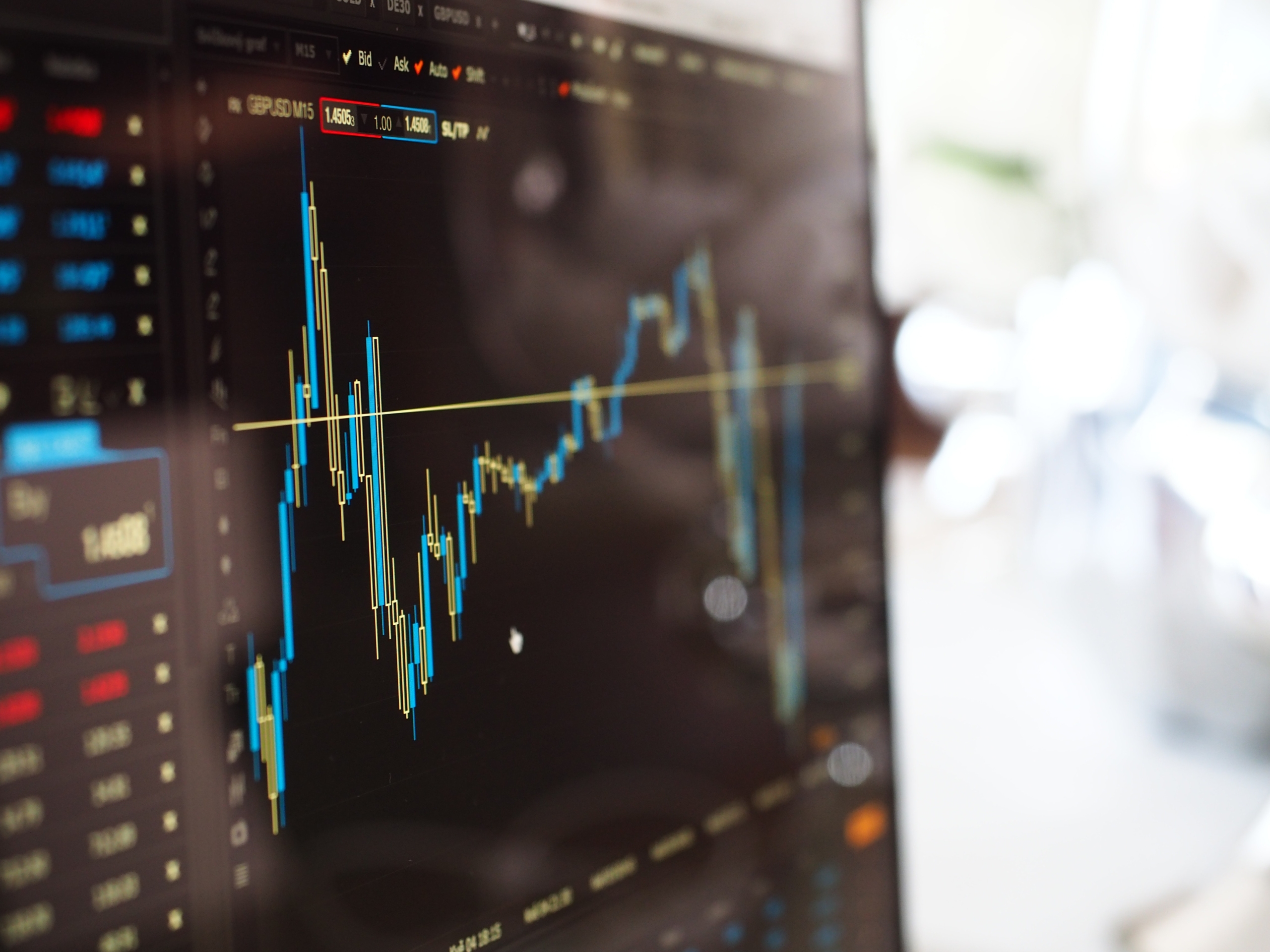
摩根士丹利主要经纪商编制的数据显示,标普500指数飙升超过5%那一晚,对冲基金纷纷平仓空头头寸,净杠杆率创下2020年3月以来的最大涨幅。由于现在风险敞口仍然很低,空头平仓的空间还较为充足,此举将鼓励其他基金经理追逐市场上涨。净杠杆率衡量了行业多头与空头头寸的风险偏好指标,低位则意味着市场偏好防御性策略。高盛也宣称基金客户急于削减空头头寸,在ETF等宏观产品方面尤为如此。根据该公司主要经纪部门的数据,纳指暴涨超7%那一天,ETF的空头头寸减少了8.5%,空头回补规模创下2021年3月以来的最大水平。这些数据均凸显了防御性基金经理面临的一个主要风险:即威胁其年度业绩的年底反弹。随着股票市场上行与波动率的提升,美股期权市场也出现了“大繁荣”。不想错失行情的投资者纷纷冲向了美股期权市场,给美股期权市场带来了创纪录的交易量。彭博汇编的数据显示,11月每天约有4600万份期权合约易手,月交易量有望创下该数据有记录以来新高。与此同时,看跌期权与看涨期权的相对成本也跌至十多年来的最低水平。这给强势的美元失去了光彩,而“失意已久”的科技股也短暂重回市场“领头羊”的位置。在这场期权交易狂热中,24小时内到期的短期衍生品交易最为火爆,过去一个月此类合约占标准普尔500指数期权交易量的占比达到了惊人的44%。
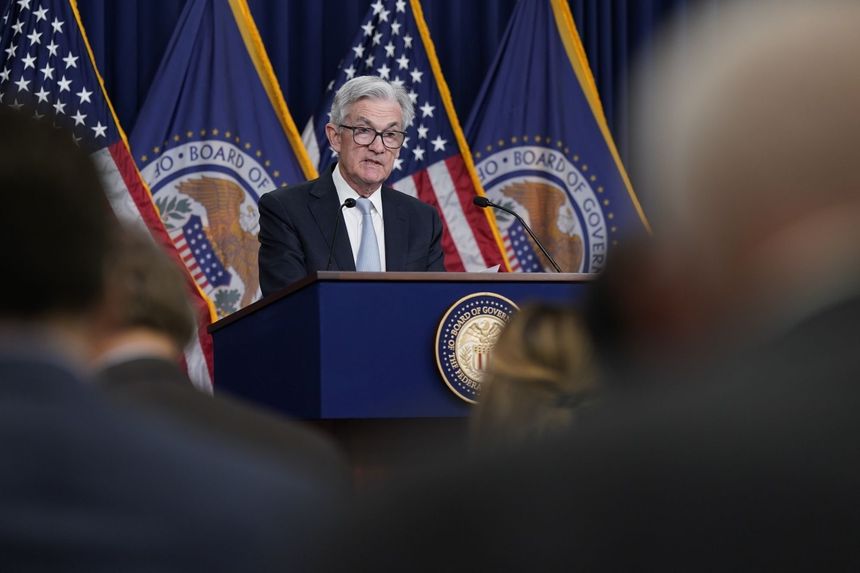
但暴力拉伸后市场随着美联储唱鹰陷入停滞,目前标普500指数收盘连续六个交易日涨幅低于1%,为1月以来持续时间最长的“平静期”。而在市场狂热情绪消退后,不少投资者也对表达了对后市的担忧。这场平静可能不会持续太久,风险资产反弹有助于缓解目前紧张的金融市场状况,从而给了美联储主席鲍威尔“更鹰”的空间。因此美股走向的判断需要划分时间节点,论2022年余下的一个多月时间内,美股出现暴跌的可能性已经非常小,目前的利好消化潜在的市场利空,都将在美联储加息周期结束后保持高利率的时段内得以体现。而单看十一月剩下的几天行情,显然市场是没有太多利空消息的,所以从短期节点分析,美股还是处于合理反弹区间内的。免责声明:GO Markets分析师或外部发言人提供的信息基于其独立分析或个人经验。所表达的观点或交易风格仅代表其个人;并不代表GO Markets的观点或立场。联系方式:墨尔本 03 8658 0603悉尼 02 9188 0418中国地区(中文) 400 120 8537中国地区(英文) +248 4 671 903作者:Xavier Zhang | GO Markets 专业分析师
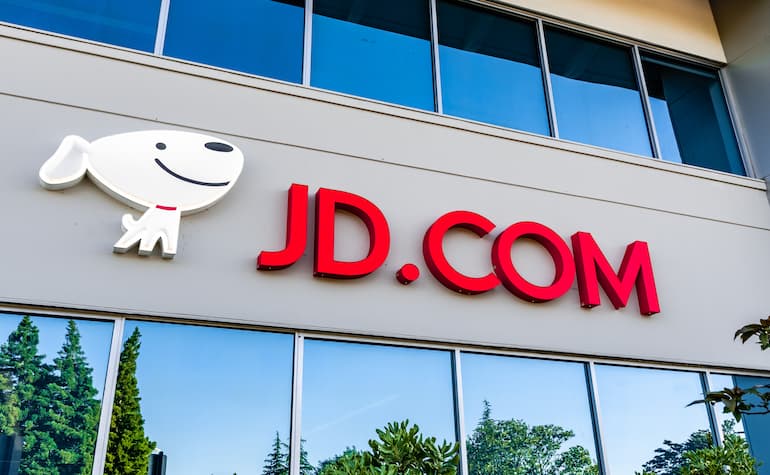

JD.com Inc. (NASDAQ: JD, HKEX: 9618) reported its latest earnings results for the three months that ended September 30, 2022, on Friday. The Chinese e-commerce company had a solid quarter – beating revenue and earnings per share (EPS) forecasts. JD reported revenue of $34.373 billion (up by 11.4% from the previous quarter) vs. $34.145 billion estimate.
EPS reported at $0.885 per share vs. $0.685 per share expected. ''JD.com's relentless focus on user experience, cost and efficiency has allowed us to continuously expand our user base while delivering profitable growth,'' Sandy Xu, CFO of the company said in a press release. ''Our pre-emptive efforts earlier this year to promote operating efficiency and financial discipline have proven timely and effective given the ongoing external challenges. We will continue to focus on capturing the vast opportunity presented by China's retail market by striving to be the partner of choice for China's consumers and enterprises,'' Xu added. Share of JD were down by around 3% on Friday at $56.01 a share.
Stock performance 1 month: +33.14% 3 month: +60% Year-to-date: -19.91% 1 year: -38.70% JD.com price targets Barclays: $59 Citigroup: $85 Goldman Sachs: $89 Benchmark: $106 JP Morgan: $58 Mizuho: $90 HSBC: $91 Morgan Stanley: $85 JD.com is the 146 th largest company in the world with a market cap of $89.10 billion. You can trade JD.com Inc. (NASDAQ: JD, HKEX: 9618) and many other stocks from the NYSE, NASDAQ, HKEX, ASX, LSE and DE with GO Markets as a Share CFD. Sources: JD.com Inc., TradingView, MarketWatch, MetaTrader 5, Benzinga, CompaniesMarketCap
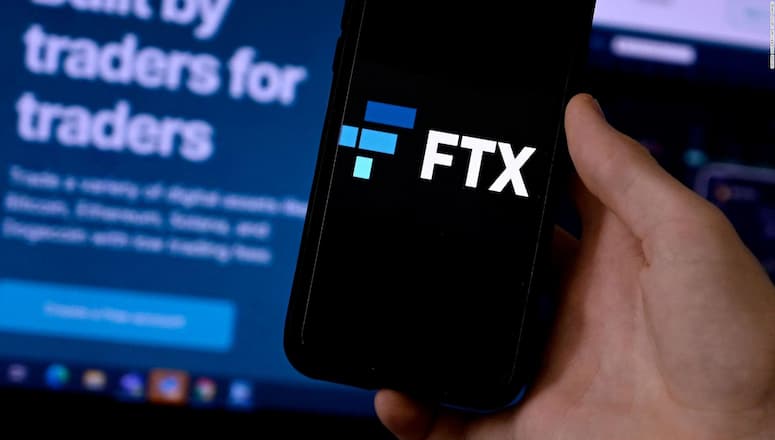

The FTX bankruptcy case has been a fascinating study in the failure of corporate governance providing a warning to the Cryptocurrency industry that a lack of regulation will not excuse poor financial management and that these exchanges are not immune to failure. In the last week, the company engaged distressed company expert, John Ray III to take over control as the company's CEO as it declares bankruptcy. Ray who has helped companies such as Enron wind up their business and dealt with fraudulent and criminal business activity will help wind up the company.
In FTX’s Chapter 11 Bankruptcy filing, Ray provided some intriguing insight and warnings for other business and companies that may be in a similar boat, stating “Never in my career have I seen such a complete failure of corporate controls”. For market participants the information out of the filing is helpful in providing direction for potential investment and trading decisions going forward. Overview FTX, prior to its demise was the world’s second largest cryptocurrency exchange under the management of founder, Sam Bankman-Fried.
The initial announcement of the company failing, lead to a drop in the price of Bitcoin by almost 25% and a panic in the market and FTX losing a rumoured 1 billion dollars in customer funds. Outlined below are some of the key issues that Bankruptcy filing found as being responsible for FTX becoming insolvent. Cash Management The issues highlighted by Ray, included a lack of cash management controls.
The company did not maintain accurate books and cash accounts and currently is not able to locate accurate accounts and transaction history to verify its positions. This means that currently, there is no clear indication of how much money the company on its balance sheet. Disbursements and record keeping The company’s management and control of its disbursement were so poor that it was not “appropriate for a business enterprise”.
For example, there were no records of loan documents, for money used purchase homes for employees. In addition, wage requests made by employees were made and approved with the use of personalised emojis and messages that automatically deleted after a short period of time. The lack of record keeping was also evident in its management of the actual digital assets under it held.
There was no record of the coins or digital assets that the firm was holding for its customers. This adherent lack of record keeping has made it increasingly difficult to work out the financial position of the company. Auditing Failures This also leads to the next major issue which was the auditing opinions.
Although most segments of the business were audited, Ray, made it clear that none of the opinions should be relied upon by current and future stakeholders. In addition, there has so far been no indication of auditing performed on Alameda and Venture segments of FTX. The failure of the auditing process was an essential risk management measure that was missed.
Lack of Employee records The failure in governance also extended to Human Resource Management within the company. No clear records of employees and contractors have been found and even now there is no clear indication of how many employees FTX, and its various subsidiaries had. In fact, the problems relating to employee records have been so poor that there has been difficulty even locating some of members of the workforce to verify their employment.
Ray ended the filing with perhaps the most damming statement of all which was that Sam Bankman Fried does not represent creditors and that his current actions are not only problematic but highly irrational including social media posts that he currently engages in. The lack of regards and contempt held for Bankman Fried is indicative of complete failure from the senior leadership team at FTX. The situation at FTX has been brought about by a sector that hides itself behind low regulation and complex technical language that allows it to escape much scrutiny and criticisms.
The environment of ambiguous leadership roles and no clear focus on compliance and risk lead to a situation whereby failure on such a large scale has been allowed to occur.

